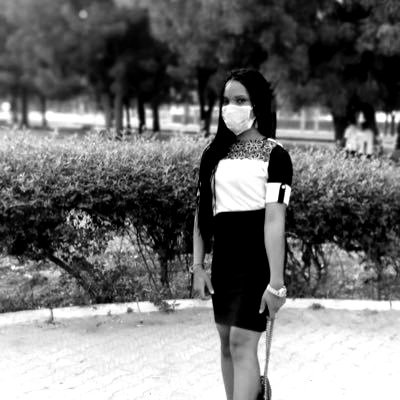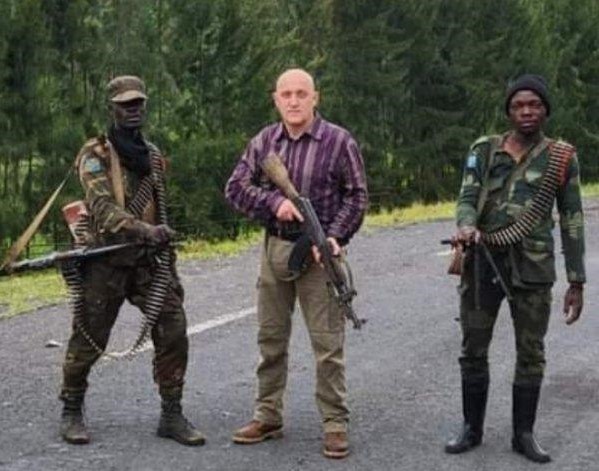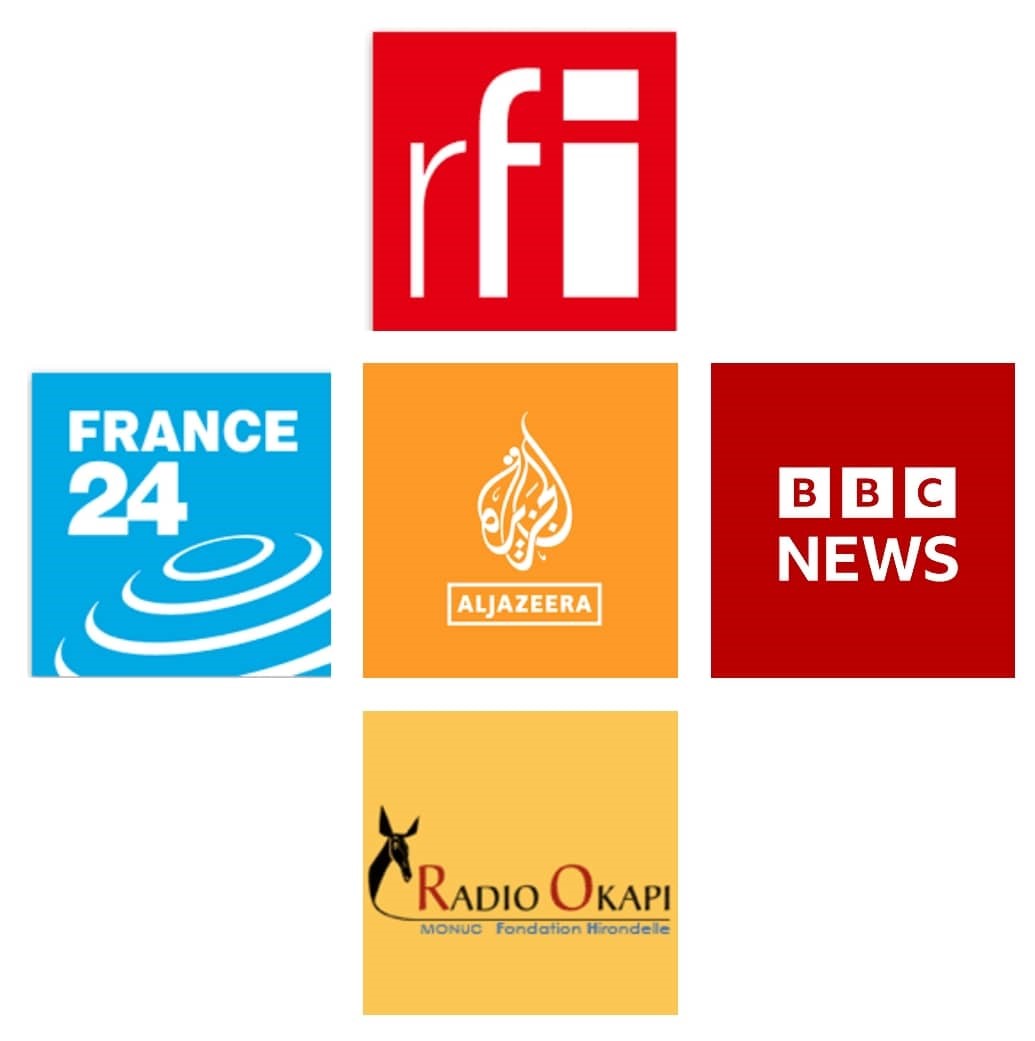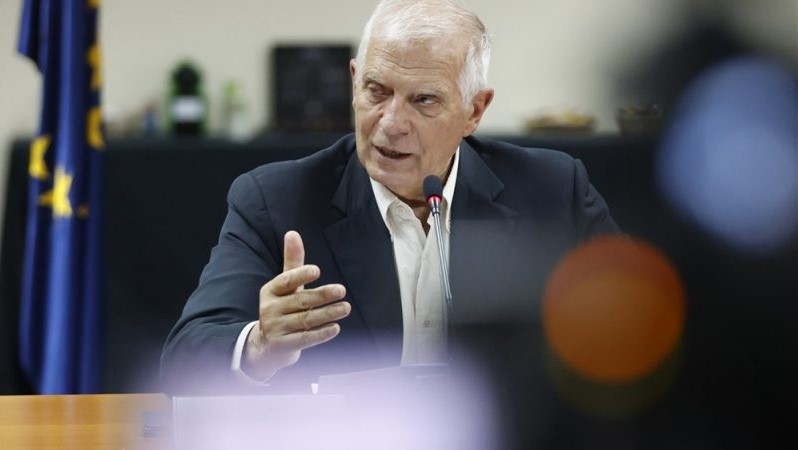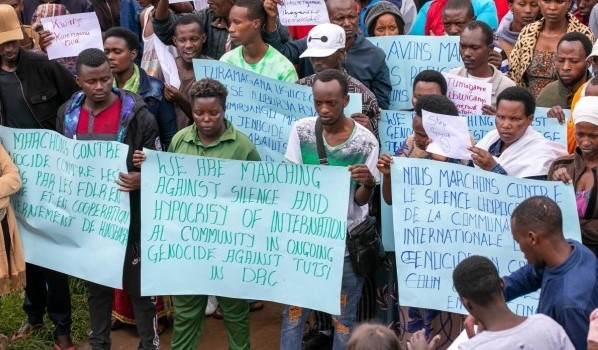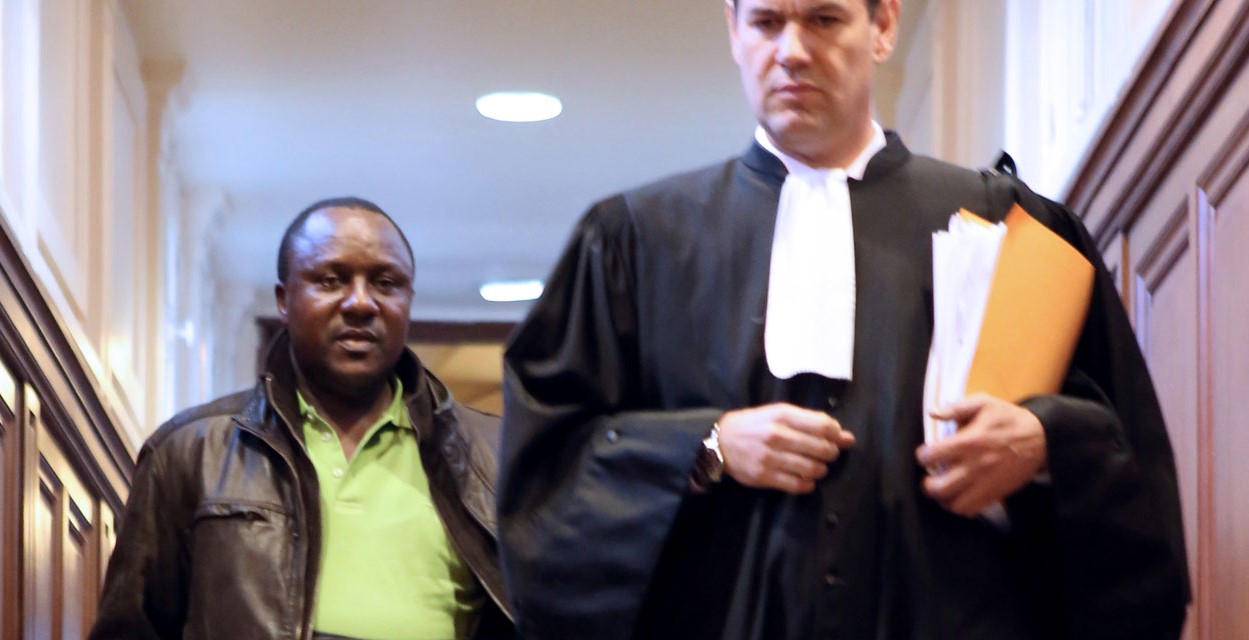Regional
DRC govt confusing international community, covering up for failure to implement Luanda process
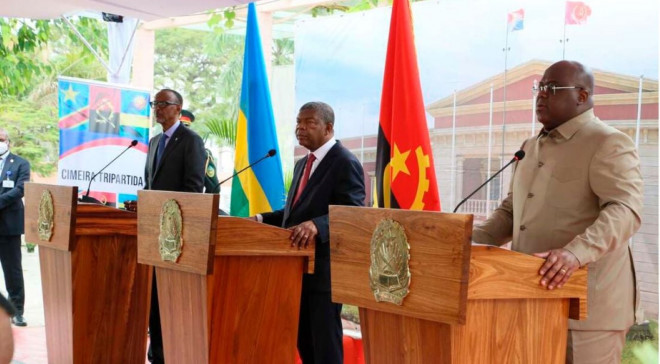
On
January 18, the government of the Democratic Republic of Congo (DRC) issued a
statement accusing the M23 rebels and the Rwandan government - Kinshasa
continues to allege that Kigali supports the rebels despite the former refuting
the allegations - for not withdrawing
from captured territories as agreed on November 23, 2022, in the Luanda mini-summit,
thereby defying the East African Community (EAC), the African Union (AU) and
the international community.
One
of the resolutions from the Luanda mini-summit on the crisis in eastern DRC,
held in Luanda, Angola, was the withdrawal of the M23 rebels from their
positions so as to pave way for the cessation of hostilities in eastern DRC.
However,
according to the Congolese government communiqué issued by the Deputy Prime
Minister and Minister of Foreign Affairs, Christophe Lutundula, Kinshasa accused
the M23 of staging a mock withdrawal
from the areas of Kibumba and Rumangabo which they previously captured and
controlled.
In
the communiqué, Kinshasa challenges the international community, and asks it to
assume its responsibilities, in particular by sanctioning Rwandan authorities
and the leaders of the M23 who defy and violate international law and human rights
in the east of the country.
What
is clear, however, is that the statement is meant to divert and confuse local
and international opinion, as well as cover up for Kinshasa’s failure to
implement any of its own commitments as per the Luanda and Nairobi peace
processes.
Since
January 13, the M23 rebels have withdrawn from their occupied territories. The
East African Community Regional Force which is on the ground has verified this
and even taken over these positions that were previously in the control of the
rebels. The rebels have genuinely shown intent. They want peace. Kinshasa wants
war.
The
M23 withdrawal began in the eastern part of Kiwanja and continued to January
16, as testified by several residents and civil society groups in the area. The
rebels were also seen disengaging from areas such as Nyamilima, Buramba and
Kisharo, in North-Kivu.
On
January 14, following a meeting with the M23 rebels, the EAC appointed
facilitator, former Kenyan President, Uhuru Kenyatta, EAC regional force
commanders, and ICGLR verification mechanism, acknowledged the M23 withdrawal. Uhuru
hailed M23’s demonstration of good will and willingness to work towards
resolving the situation in North Kivu province. The leaders of M23 agreed to
continue with an orderly withdrawal and to adhere to a strict cease fire.
The rebels
agreed to continue to respect and cooperate with the regional force that has
now begun taking control of the areas they vacated.
For
Kinshasa, lying is common. It is their modus operandi. And refusing to admit
the situation on the ground with the withdrawal of the M23 rebels is a
justification of their own plan to continue attacking the rebels and disrupting
the peace process.
Kinshasa’s
communiqué is an attempt to prevent people discovering the truth about its
incompetence and lack of political will to walk the path of peace.
They
are trying to cover up the truth. The Luanda mini-summit, among
others, ordered the FDLR, a genocidal militia from Rwanda, to disarm
immediately and embark on an unconditional repatriation. That has never
happened. What Kinshasa has done is recruit the genocidal militia and use it for
its own evil ends.
According
to sources, a coalition of the Congolese army, the Rwandan genocidal militia, FDLR,
and other local militias, is plotting to launch an offensive attack against the
M23 rebels, on Kinshasa’s orders. The coalition is expected to work with
Russian mercenaries from the Wagner Group and ex-French Legionnaires, who are in
Goma, the capital of North Kivu province.
For
DRC, all the chaos happening in the country and the anticipated attack on M23
positions – which will only worsen the situation – is a win, for political
reasons. The troubled country is expected to go to polls in December 2023. With
less than 10 months remaining, if the insecurity in the east of the country
persists, the elections will be postponed, effectively extending President Félix
Tshisekedi’s stay in office.
For a country that is preparing general elections in the next few months, security should be priority. But to no one’s surprise, Kinshasa is playing blame games.


